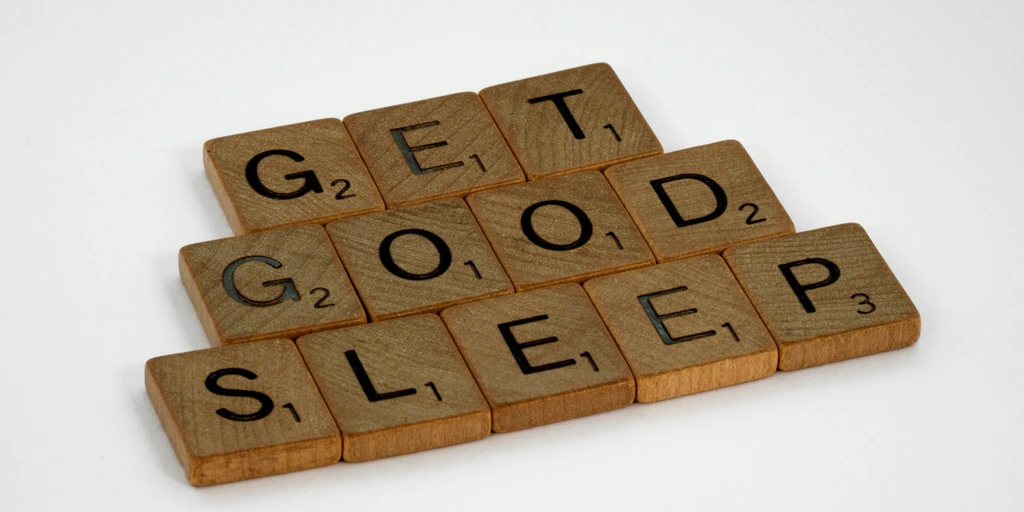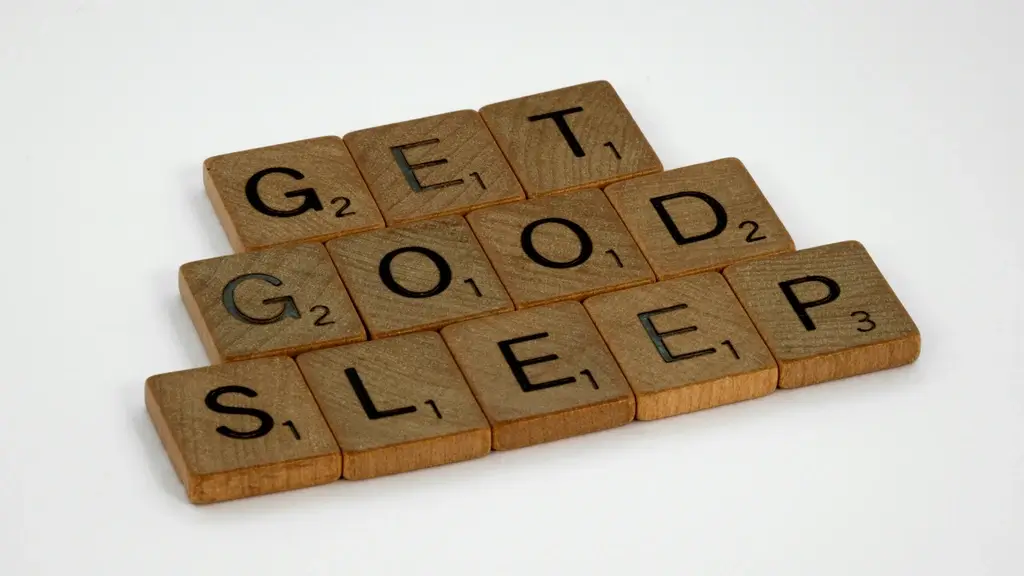Introduction
Sleep plays a crucial role in overall health and well-being, and it’s particularly important for those who lead active and fitness-oriented lifestyles. Rest and recovery are essential components of any fitness program, and getting adequate sleep is a key factor in optimizing these processes.
The Importance of Rest and Recovery
Rest and recovery allow your body to repair and rebuild itself after exercise. During workouts, muscle fibers break down, and rest gives them an opportunity to repair and grow stronger. The same applies to the central nervous system, which also needs time to recover after intense training sessions.
A lack of rest and recovery can lead to overtraining, which can result in decreased performance, increased risk of injury, and overall burnout. Sleep plays a significant role in this process by allowing your body and mind to recharge.
The Science of Sleep
When you sleep, your body goes through various stages, which include both non-rapid eye movement (NREM) and rapid eye movement (REM) sleep. These stages have different effects on the body’s restorative processes.
NREM sleep is associated with physical restoration. During this stage, blood flow to your muscles increases, promoting tissue growth and repair. Hormones that aid in muscle recovery, such as human growth hormone (HGH), are also released during this stage.
REM sleep, on the other hand, is linked to cognitive restoration. It plays a role in memory consolidation and learning. Getting enough REM sleep can enhance your cognitive functions, including focus, attention span, and decision-making abilities.
Sleep and Exercise Performance
Sleep has a direct impact on exercise performance. Lack of sleep can lead to decreased energy levels, reduced aerobic capacity, and impaired muscle recovery. It can also affect your motivation to exercise and increase perceived effort during workouts.
Research has shown that athletes who get sufficient sleep have better reaction times, faster sprint speeds, increased accuracy, and improved overall performance compared to those who are sleep deprived. Additionally, adequate sleep has been linked to faster muscle recovery and reduced risk of sports injuries.

Tips for Better Sleep
- Establish a regular sleep schedule by going to bed and waking up at the same time every day.
- Create a sleep-friendly environment by making your bedroom dark, quiet, and cool.
- Avoid electronic devices and stimulating activities before bed.
- Engage in relaxation techniques, such as deep breathing or meditation, to help you unwind before sleep.
- Avoid consuming caffeine, alcohol, and heavy meals close to bedtime.
- Exercise regularly, but avoid intense workouts too close to bedtime.
- Consider implementing a wind-down routine before bed, such as reading a book or taking a warm bath.
- If you’re struggling with sleep, consult with a healthcare professional for further guidance.
Conclusion
Getting sufficient sleep is essential for overall health and fitness. It allows your body to recover, repair, and prepare for future workouts. Adequate sleep can improve exercise performance, reduce the risk of overtraining, and enhance cognitive functions. By prioritizing sleep and implementing healthy sleep habits, you can optimize your fitness journey and make the most out of your training efforts.












Discussion about this post